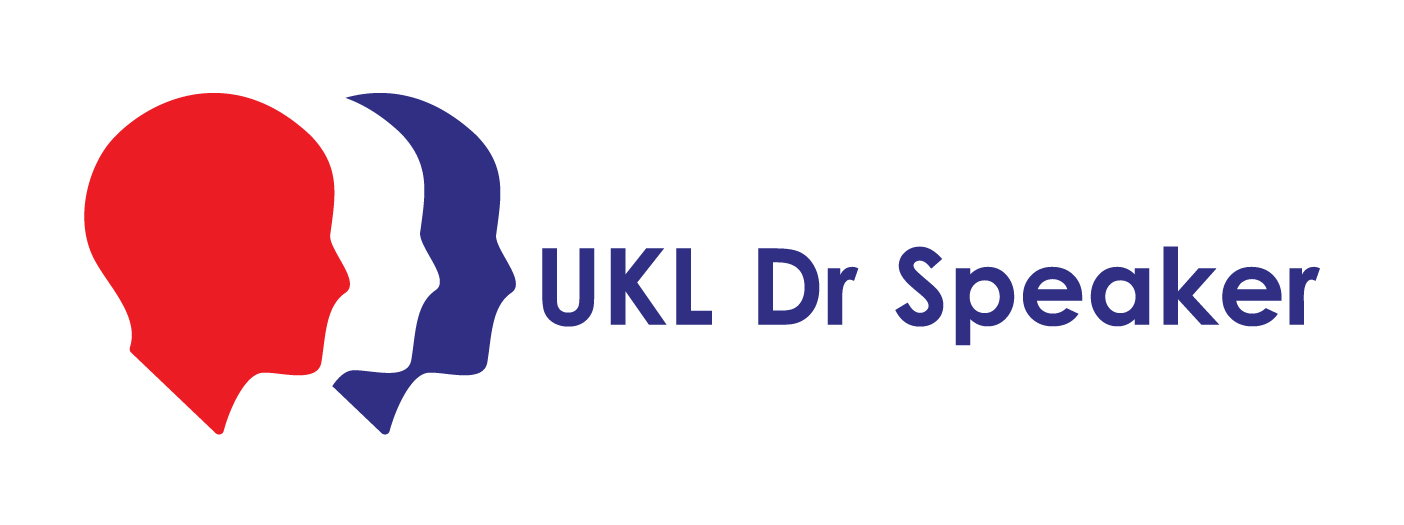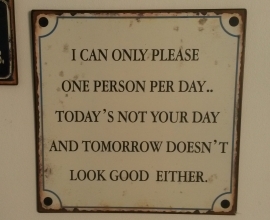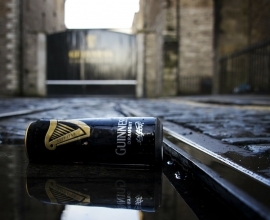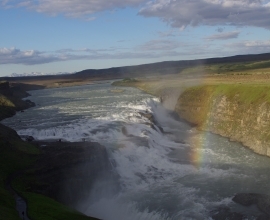Iceland is best-known for its magnificent glaciers and formidable volcanoes, smoking hot geysers and hot springs. Luckily for tourists, Icelanders are widely believed to speak fluent English alongside their native tongue. Still, writing in English, well… it can be tricky even for them. Doubt it? Have a look and enjoy!
Before I dive in and show you a photo I took in Reykjavik, let me give you a hint of what’s in store for you…
Now, have a look at the job advert itself. What is so funny about this particular job advertisement?

Hope that now you see what I mean…

This job advert reminds me of a story I heard once: in some office for unemployment there was a notice that said: ”Man wanted for robbery.” To be honest, helping in a robbery isn’t my dream job and I don’t think it’s yours either 🙂 Enough about work though, let’s move on to leisure!
What says „holiday” better than Vík, a lovely village in the south of the island? The black beach there is said to be one of the ten most beautiful beaches in the world. While you are in Vík, you can also look for puffins (in the picture below).

Atlantic puffins live most of their lives at sea. Each spring and summer though, probably as much as 60 per cent of the world’s Atlantic puffins form breeding colonies in Iceland. Leaflets in Vík tell you when and where you can spot these beautiful birds, which are also a culinary specialty of Iceland and the neighbouring Faroe Icelands.

Irrespective of the surely useful advice above, I have some doubts about the language it was given in, specifically the usage of articles („the” and „a”) in this brief note. The fact that the question in the title lacks the subject (when and where is IT best to spot a Puffin?) is the cherry on the cake… Now, let’s have a look at the note with some changes made to it.

Even with the corrections, there is still something missing from this little piece. The last sentence is rather odd and clumsy, but well, as the saying goes, the only one who doesn’t make mistakes is the one who doesn’t do anything at all.
Apart from birdwatching, there are plenty of things to do when visiting Vik. Each of them can be dangerous though… Still, I couldn’t help but laugh reading the warning statement below.

If you haven’t so much as smiled while reading the above, have a look at the words highlighted in green.

„A certificate guide” is my absolute favourite, and the changing ice in the second line makes me think of ice changing into water… The dashes followed by capitalized letters in „Please” are peculiar too, although the dash between the exclamation mark and the command (BE CAREFUL!) is even weirder.Well, English punctuation is not everybody’s cup of tea.
It’s time YOU corrected the mistakes in the statement above. What words or punctuation marks would you use to make it more readable? Please feel free to post your suggestions in the comments section. The authors of the best — most accurate and potentially funny — suggestions get one of these:











A small addition to the certificated guide and changes of ice. Icelandic is a language of ultimate linguistic purism. „Curved fruit” were not implemented for bananas, but guess (or ask uncle Google, as I did) how the word „computer” translates into English 🙂 .
Ovana, you made me look into this: according to uncle Google, Icelandic word for computer is „tölva”. It’ is a bit surprising as one would expect a version of the word computer 🙂 So tell me, have you been learning Icelandic or is it just a lucky guess with google’s help?
I am doing a animation webliography for a class in high school and we needed an online publication. I loved the set up of your website and the idea of it being peer edited, so i used it in my presentation.